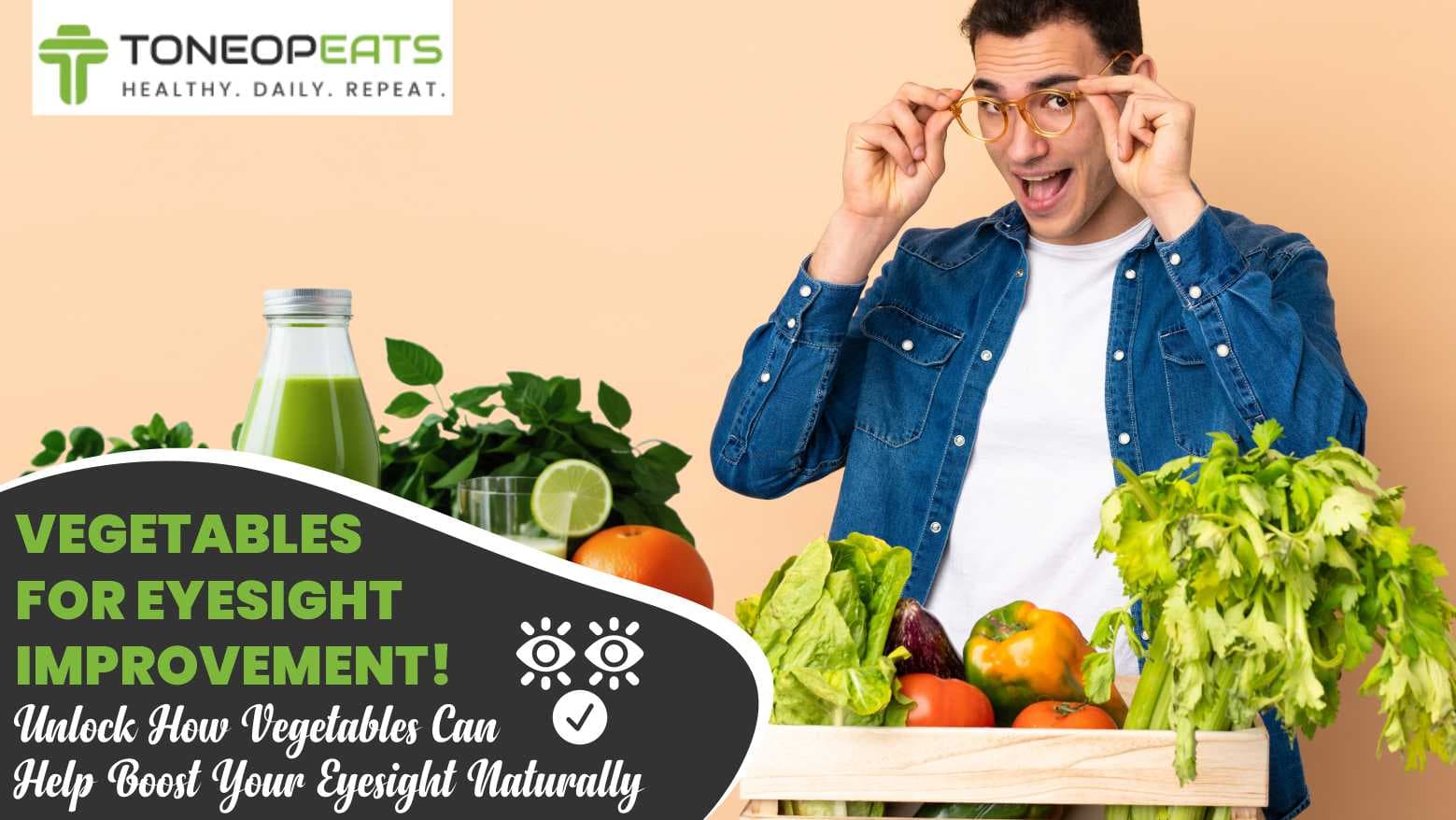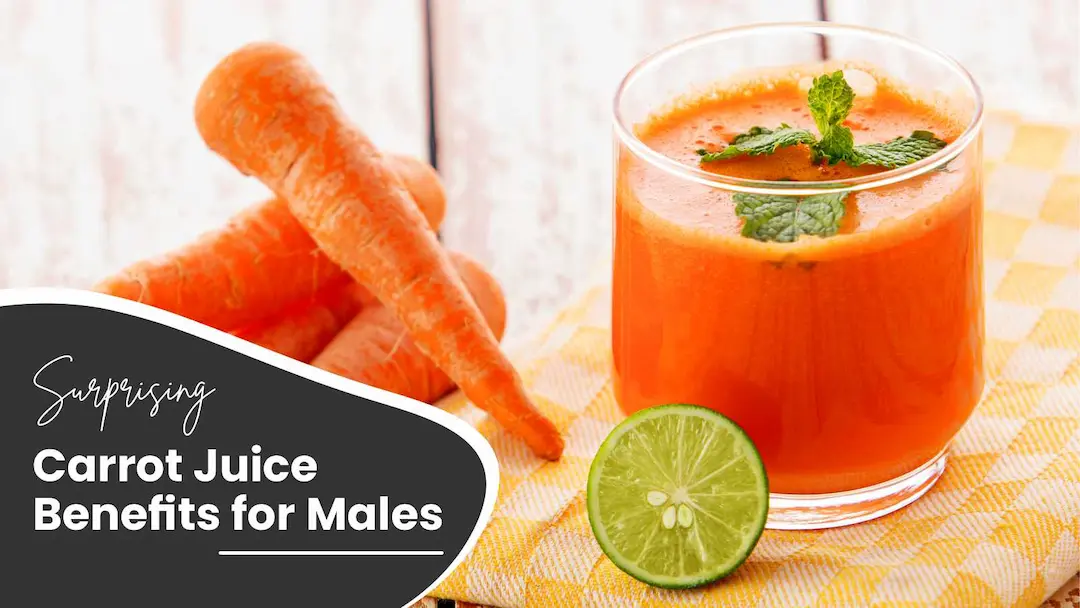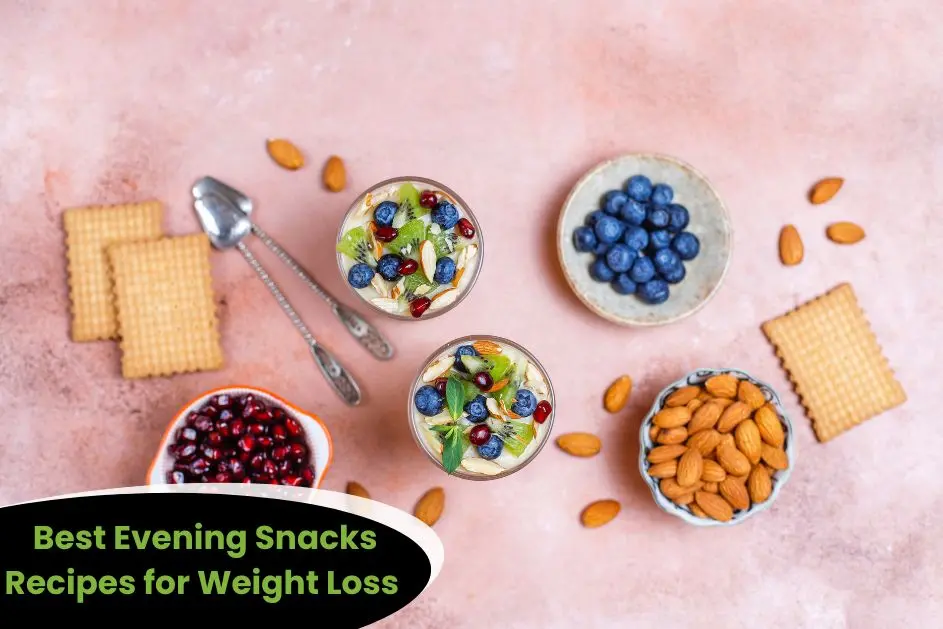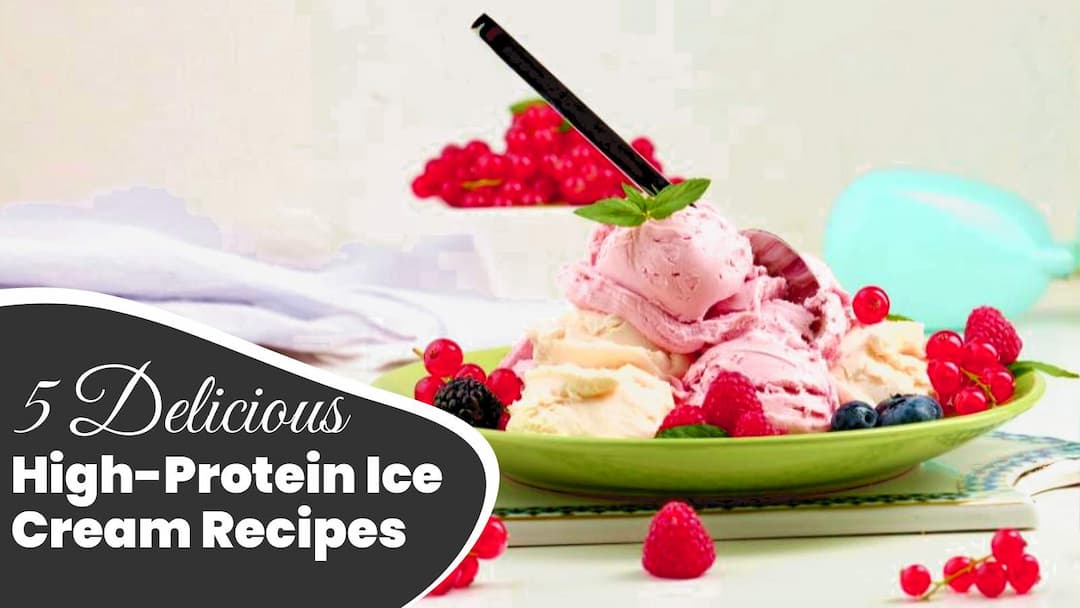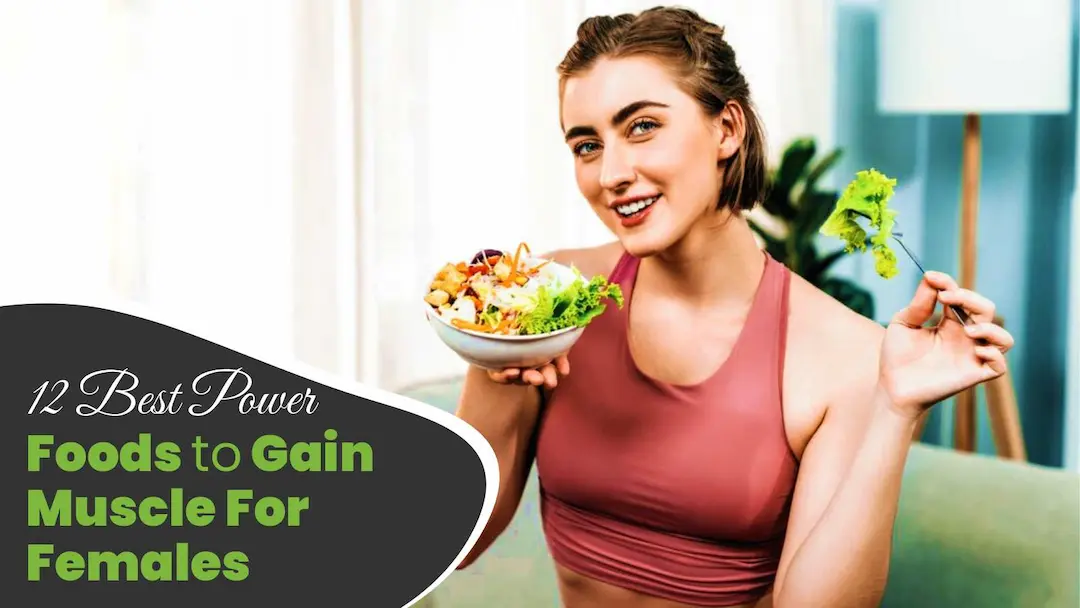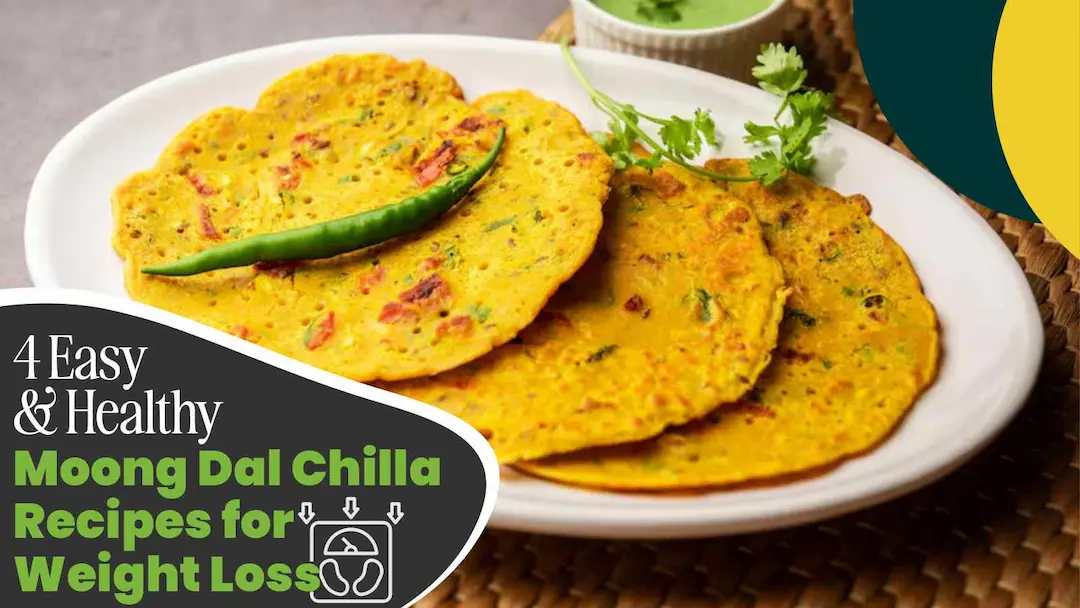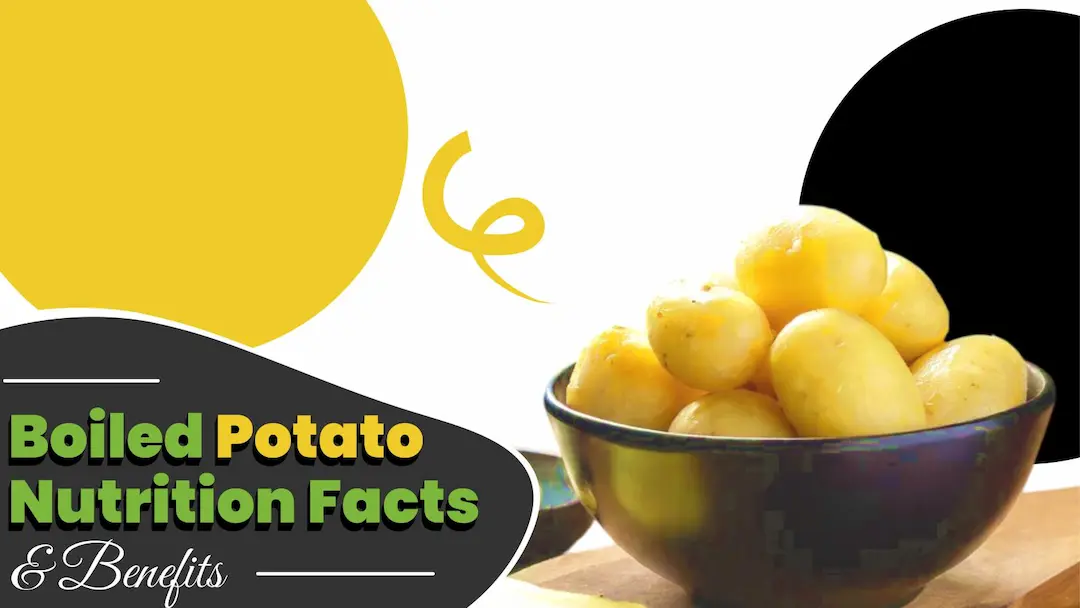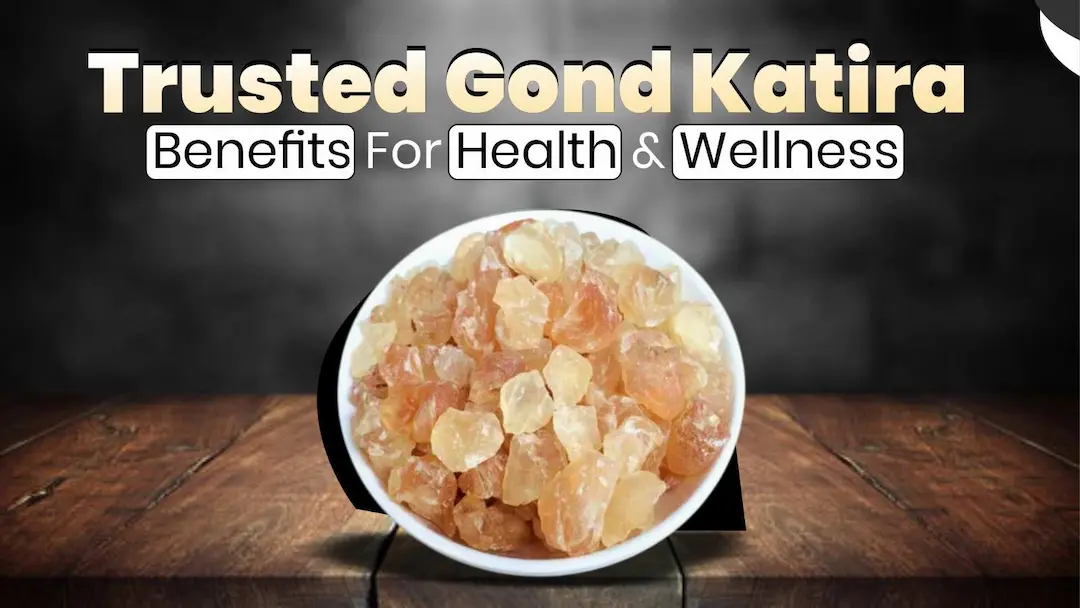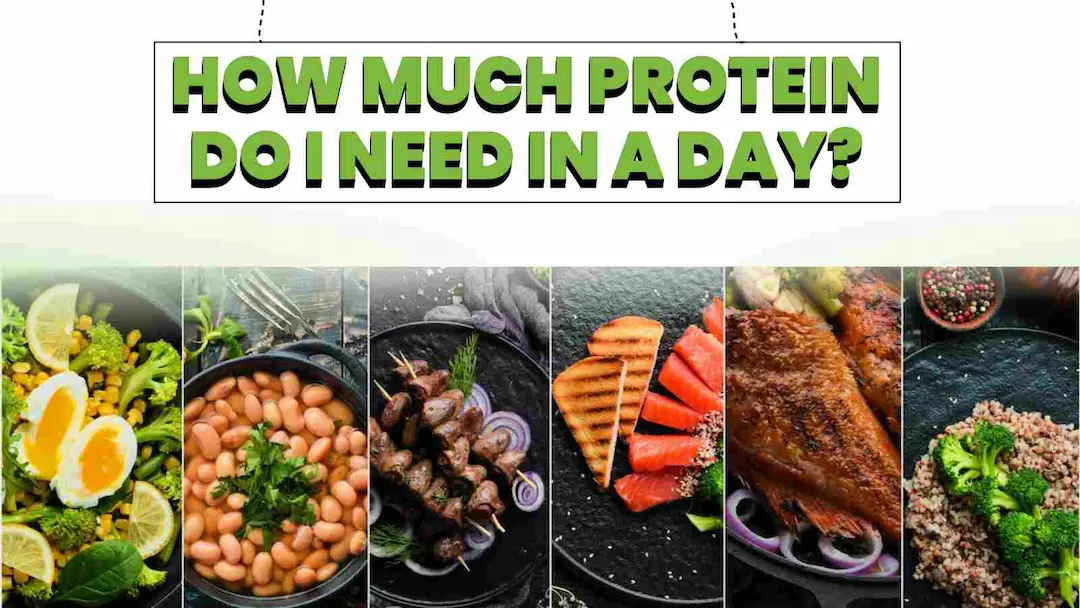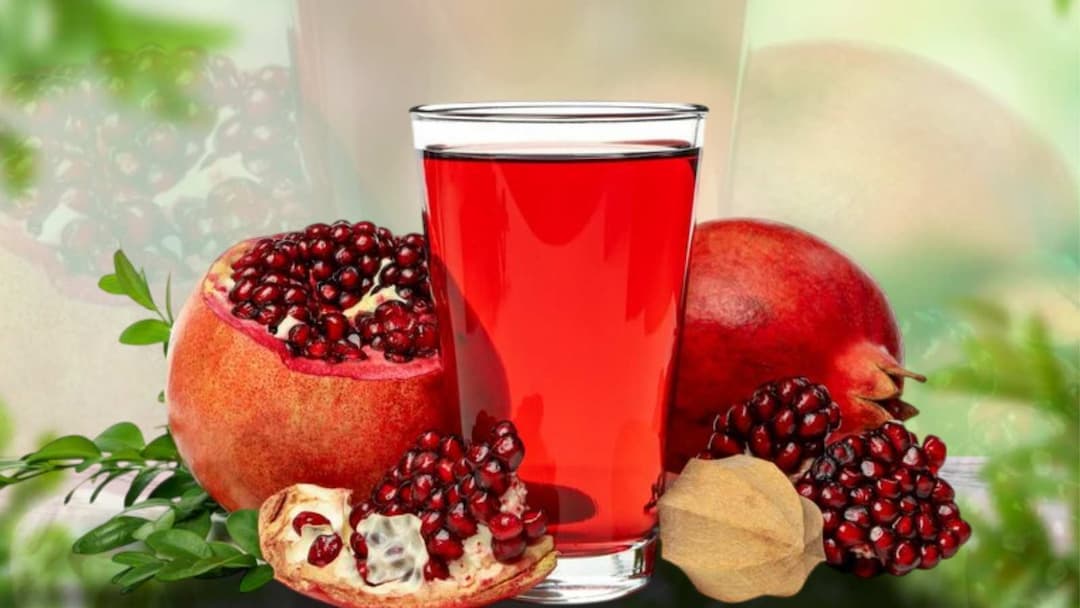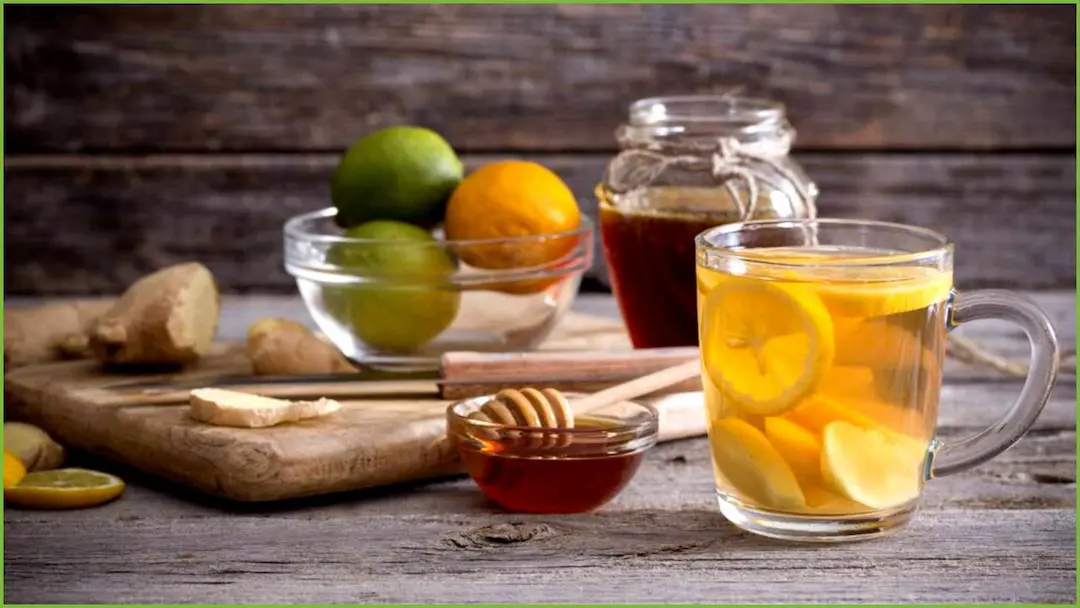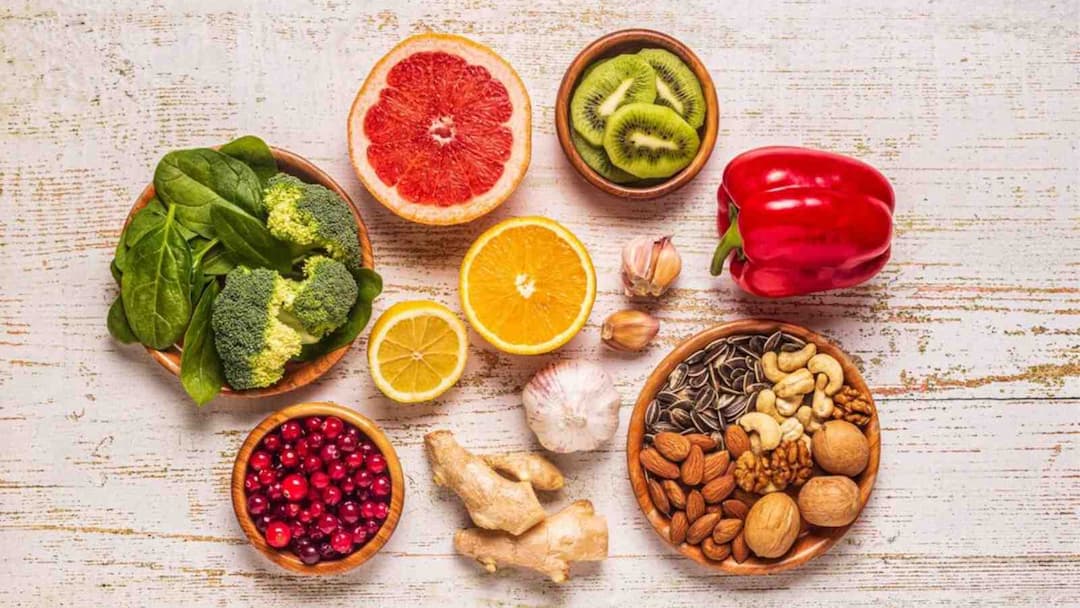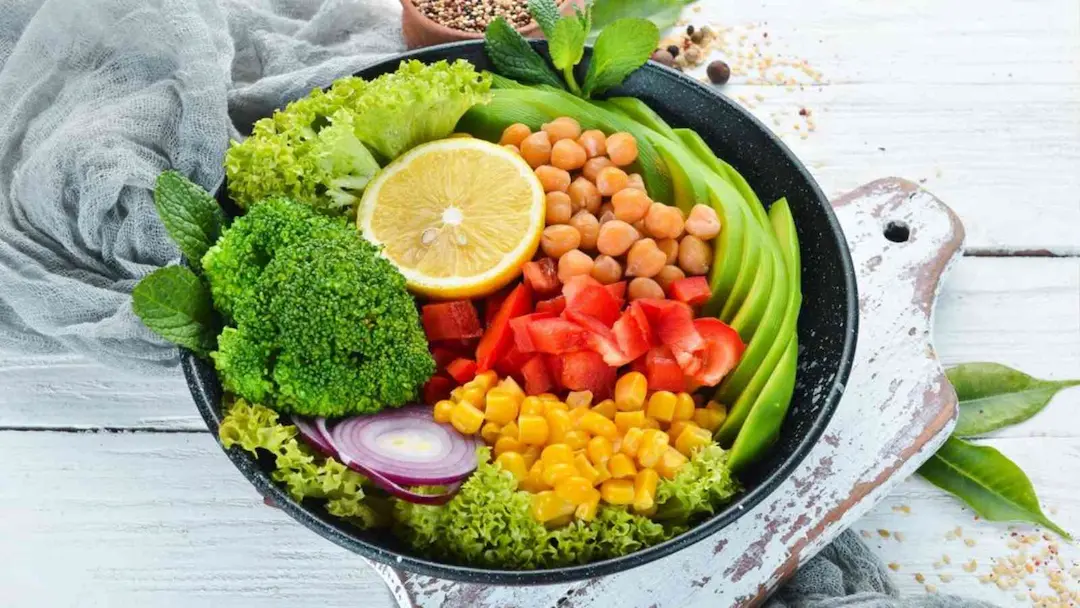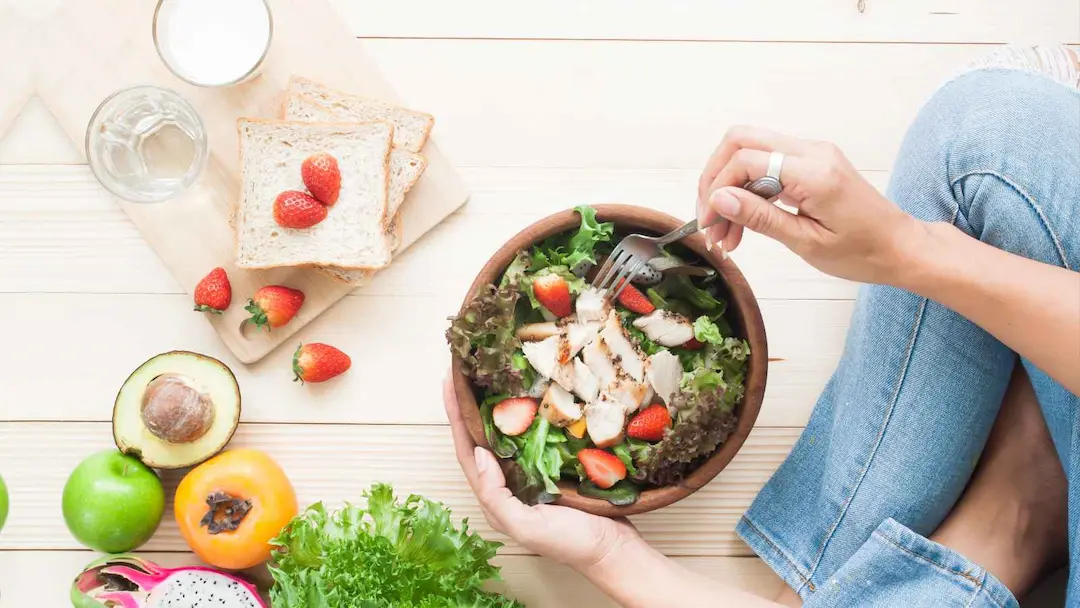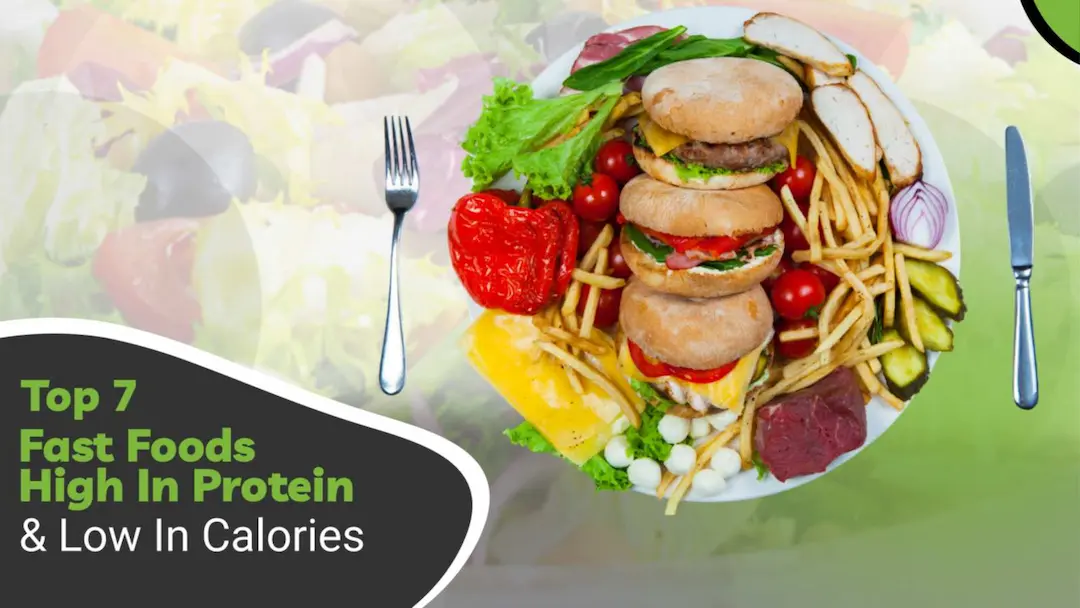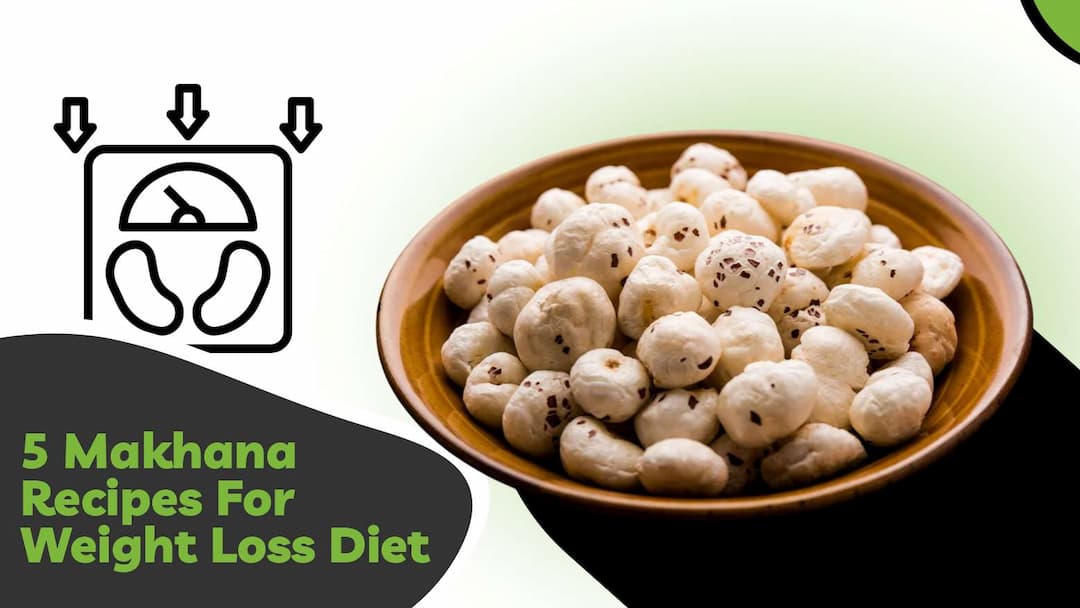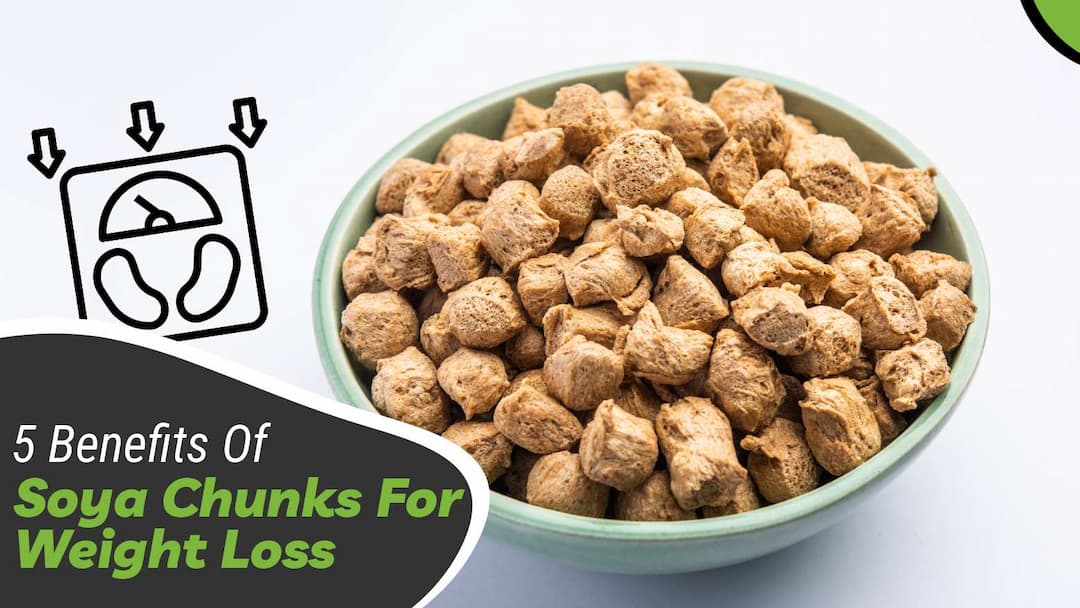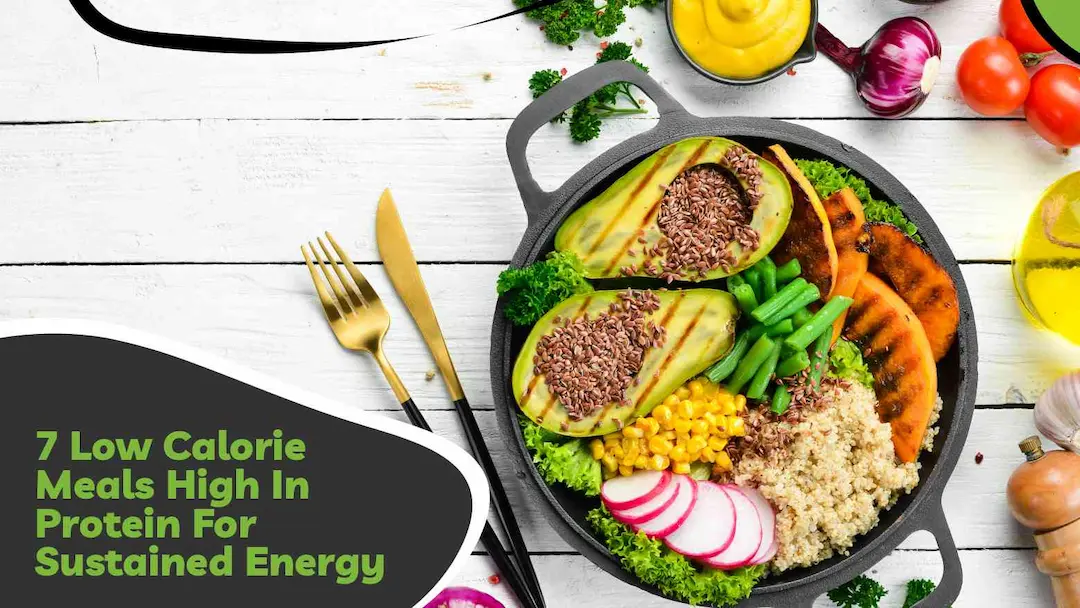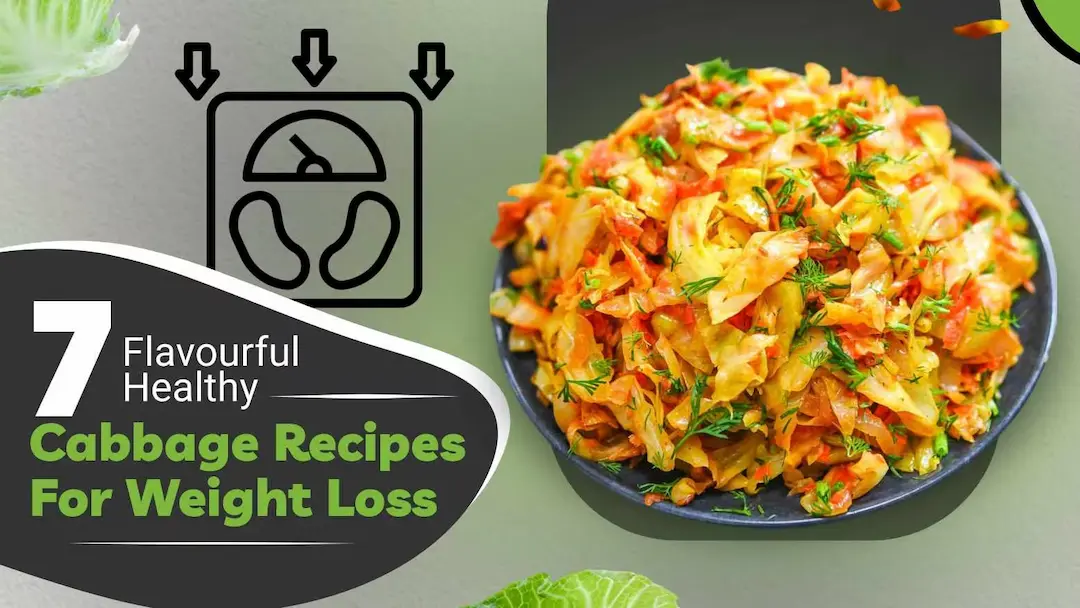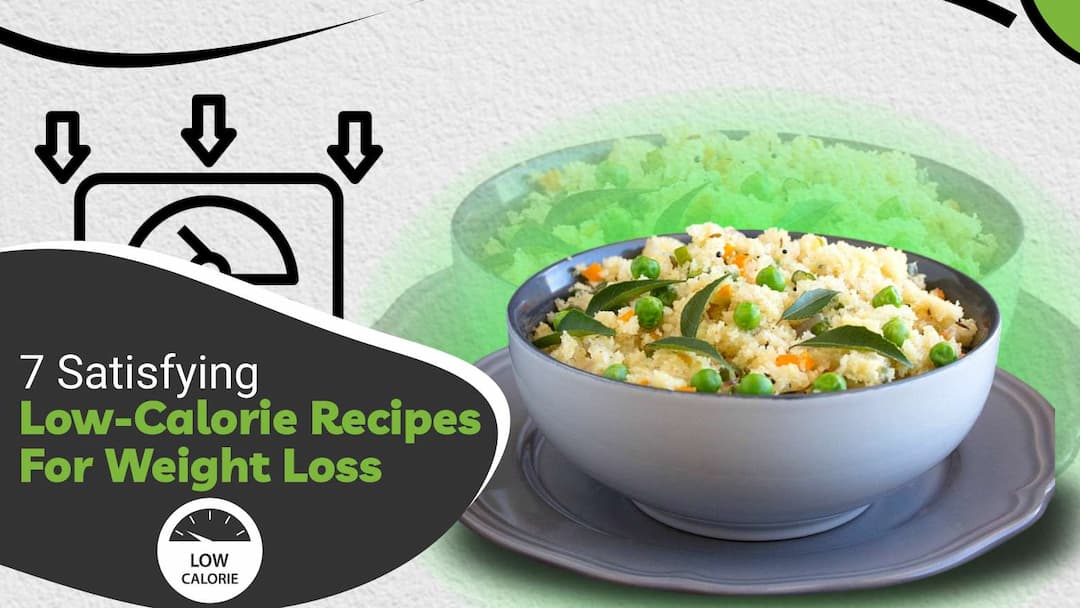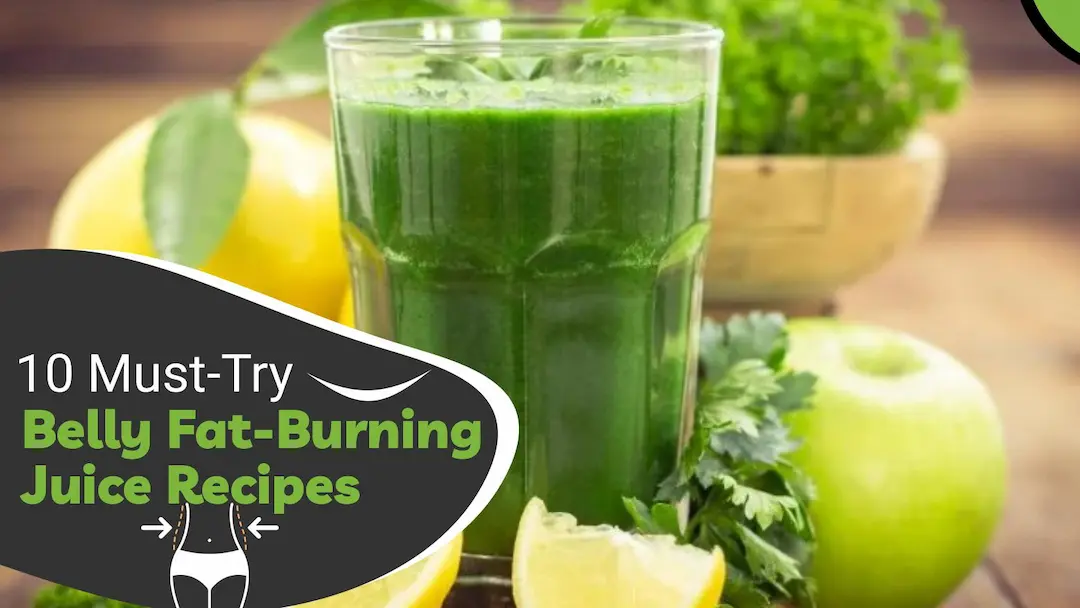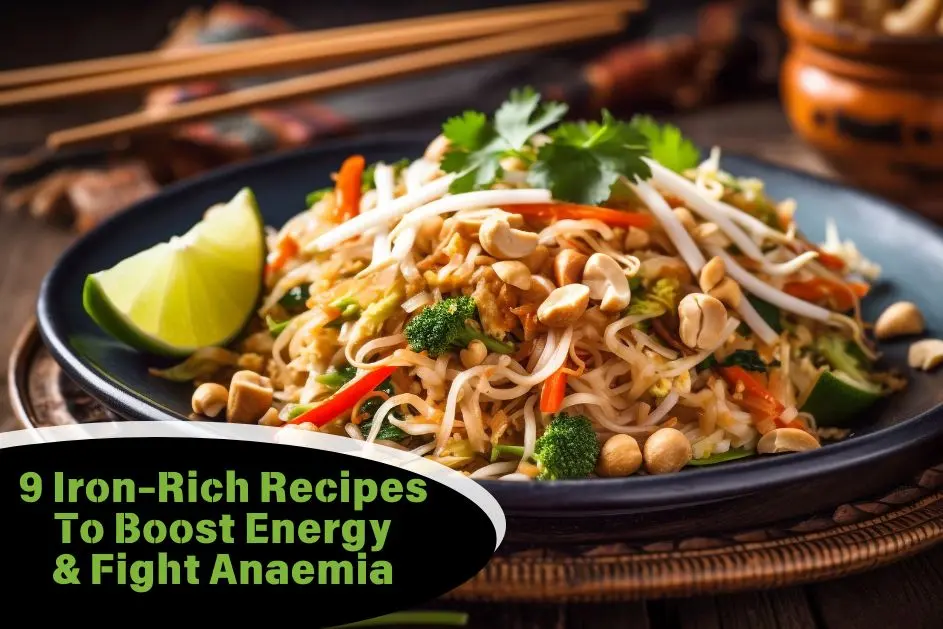Have your parents ever told you to finish your carrots, or you might end up wearing huge, ugly glasses? Well, turns out they weren’t entirely wrong! Certain vegetables - carrots included - do help with eyesight improvement.
Nobody wants poor eyesight. People who do need to wear glasses or contact lenses will tell you how horrible that life is. They might even look at a non-spectacled person in awe and imagine how freeing and amazing it is to live a life unbound by eyesight aids.
Get your notepad out and schedule a grocery visit because today, we will look at the best vegetables for eyesight improvement (yes, there are more than just carrots!), so that you don’t end up with those ugly glasses!
Table Of Contents
- Which Vegetables Increase Eyesight? 11 Vegetables For Eyesight Improvement
- How Do Vegetables Improve Eyesight?
- What Can I Drink To Improve My Eyesight?
- The Final Say
- FAQs
- References
Which Vegetables Increase Eyesight? 11 Vegetables For Eyesight Improvement

Whether you wear glasses or not, incorporating a variety of nutrient-rich vegetables into your diet can significantly enhance eye health and help protect against vision-related issues. Here are 12 best vegetables for eyesight improvement and health:
1. Raw Red Peppers
One medium raw red bell pepper contains approximately 152% of the daily recommended intake of vitamin C for an adult. Vitamin C is important for the blood vessels in your eyes and can lower your risk of getting cataracts. These vegetables are also packed with vitamins A and E and various carotenoids, which might benefit eye health and improvement.
2. Carrots
Carrots had to be on this list! These orange vegetables are high in beta-carotene and are rich in vitamin A. Just 1 cup of carrots will give you 428% of vitamin A’s daily required intake. Vitamin A and beta-carotene maintain the health of the eye surface and can also help prevent eye infections and other serious eye conditions.
Carrots also contain lutein and beta-carotene, which promote eye health and protect you against age-related degenerative eye diseases.
Also Read: 11 Apple Beet Carrot (ABC) Juice Benefits For Health And Skin (And A Healthy Recipe!)
3. Broccoli
Broccoli may not be everyone’s favourite vegetable, but this fibre-rich food’s health benefits are undeniable. High in vitamin C, broccoli is a cruciferous vegetable that has sulforaphane, a compound that offers antioxidant and anti-inflammatory benefits that may protect against eye diseases like macular degeneration.
Broccoli is also high in lutein and zeaxanthin, two of the most essential nutrients for the eyes. These nutrients help prevent retinal oxidation and age-related degeneration.
4. Brussels Sprouts
Brussels sprouts, like broccoli, belong to the cruciferous vegetable family and contain the same health-promoting plant chemicals. They contain kaempferol, an antioxidant that may help prevent chronic diseases and protect cells from oxidative damage. T
Also like broccoli, brussels sprouts are high in lutein and zeaxanthin, which are essential for the macular health of your eyes.
5. Sweet Potatoes
Sweet potatoes are loaded in vitamins A and C and lutein. Swapping white potatoes for sweet potatoes can also decrease the glycemic load, which can be beneficial for blood sugar management. Also, sweet potatoes are perfect for easy, healthy breakfast ideas to boost your energy.
Sweet potatoes are good sources of beta-carotene, potassium and fibre. The body converts beta-carotene to vitamin A, which prevents dry eyes and night blindness and maintains current vision. They may even slow the progress of macular degeneration.
6. Kale
Kale is a dark green leafy vegetable known for its health-promoting properties and impressive nutrient profile. A single cup of raw kale provides your entire daily requirements for vitamins A, C, and K. Kale is rich in antioxidants, particularly lutein and zeaxanthin, that help protect eye tissues from damaging blue light and UV damage. These antioxidants reduce the risk of age-related eyesight problems.
7. Spinach
Much like kale, spinach is a dark green leafy vegetable with several nutritional benefits. It can improve the health of your eyes both now and in the future. One cup of spinach delivers up to 56% of your daily vitamin A needs and your complete daily vitamin K requirements.
Spinach contains lutein and zeaxanthin, which are significant sources of strong antioxidants that can help prevent macular degeneration.
8. Green Peas
Green peas are high in fibre, which is beneficial to digestive health. They also contain saponins, plant chemicals that may have anti-cancer properties.
Peas also contain lutein and zeaxanthin. These nutrients prevent chronic eye diseases like cataracts and age-related macular degeneration.
9. Swiss chard
On the spectrum of green leafy vegetables, we also have Swiss chard. It is abundant in vitamins and minerals and has a low-calorie count. There are two types of Swiss chard: rainbow chard and white chard. Both are high in the antioxidants lutein and zeaxanthin.
10. Asparagus
Asparagus is high in vitamins and minerals, making the spring vegetable a great complement to any diet. This vegetable is rich in vitamins A, C, and E and contains lutein and zeaxanthin.
11. Red cabbage
Red cabbage is also known as purple cabbage and is a rich source of vitamins C and A and anthocyanins.
This vegetable can keep your eyes healthy and improve vision. It also lowers your chances of developing macular degeneration and cataracts. Even in old age, the nutrients in vegetables can help maintain eye health.
Also Read: 10 Best Foods For High Blood Pressure: Your Guide to Healthy Choices and Foods to Avoid
How Do Vegetables Improve Eyesight?
Vegetables primarily aid in eyesight improvement through their rich content of vitamins, minerals, and antioxidants, such as:
1. Vitamin A
Vitamin A is crucial for maintaining good eyesight. It helps protect the surface of the eye and is vital for low-light vision. Carrots, sweet potatoes, spinach, and other vegetables are great sources of vitamin A.
2. Lutein and Zeaxanthin
Lutein and Zeaxanthin are antioxidants that filter out harmful blue light and protect retinal cells. They are found in leafy greens (like kale and spinach) and other colourful vegetables (like corn and peas).
3. Vitamin C
Vitamin C reduces the risk of developing cataracts and age-related macular degeneration (AMD) and helps eye health and sight. Vegetables like bell peppers, broccoli, and Brussels sprouts are rich in vitamin C.
To balance your vitamin intake, complement vegetables for eyesight improvement with ToneOp Care’s Vitamin 360. This supplement is specially formulated to provide all the important dietary vitamins and minerals your body needs to not only maintain eye health but also keep your overall health in tip-top shape!
4. Beta-Carotene
Beta-carotene, found in orange, green and yellow vegetables like carrots and kale, is converted to vitamin A in the body, which contributes to improved vision and overall eye health.
5. Omega-3 Fatty Acids
While more common in fish, some plant sources like flaxseeds and walnuts can complement a vegetable-rich diet, aiding retinal health. For the best quality, consider ToneOp Care’s unroasted Flax Seeds.
To supplement omega-3 levels in your body, try ToneOp Care’s Fish Oil Capsules and Flax Seed Oil Capsules.
6. Antioxidants
Several vegetables contain antioxidants that combat oxidative stress, which can lead to eye diseases. Foods like tomatoes and broccoli provide these beneficial compounds for improving eyesight.
7. Zinc
Found in vegetables like spinach and peas, zinc is important for maintaining the retina's health and may reduce the risk of Age-Related Macular Degeneration (AMD).
Also Read: All About Personalised Chart Of A Healthy Diet: Tips And 7 Day Diet Plan
What Can I Drink To Improve My Eyesight?
If you don’t like eating vegetables, you can still reap the benefits of those good-for-the-eyes veggies with these delicious beverages:
Carrot Juice | |
| Ingredients | Instructions |
| Wash and peel the carrots. |
| Cut them into smaller pieces. |
| Juice the carrots (and apple/ginger if using) in a juicer. |
| Serve fresh. | |
Green Smoothie | |
| Ingredients | Instructions |
| Add all ingredients to a blender. |
| Blend until smooth. |
| Pour into a glass and enjoy! |
| |
Berry Smoothie | |
| Ingredients | Instructions |
| Combine all ingredients in a blender. |
| Blend until smooth. |
| Serve immediately. |
| |
Citrus Smoothie | |
| Ingredients | Instructions |
| Peel and segment the oranges and grapefruit. |
| Juice the fruits using a juicer or squeeze them by hand. |
| Add lemon juice if desired, and serve fresh. |
Almond Milk | |
| Ingredients | Instructions |
| Drain and rinse soaked almonds. |
| Blend almonds and water until smooth. |
| Strain through a fine mesh strainer. |
Sweeten if desired, and store in the fridge.
| |
The Final Say
Incorporating a variety of nutrient-rich vegetables into your diet is essential for maintaining optimal eye health. By focusing on foods like carrots, spinach, and bell peppers, you can boost your intake of vitamins and antioxidants that support vision and protect against age-related issues. So, start adding these eyesight-friendly options to your meals today!
FAQs
1. Which fruits and vegetables are good for the eyes?
Exotic fruits like papaya, kiwi, and blueberries are great for eye health because they contain vitamins and antioxidants. Due to their high lutein and zeaxanthin content, vegetables like spinach and kale are also advantageous.
2. What makes vegetables good for the eyes?
Vitamins A, C, and E are among the vital nutrients found in vegetables, along with antioxidants that guard against damage, which makes them beneficial for the eyes. Leafy greens, in particular, are rich in lutein and zeaxanthin, which help filter harmful light and support overall eye health.
3. Which fruit is best for eye vision?
Because citrus fruits, including oranges and grapefruits, are high in vitamin C, which protects the eyes, they are the best for eye health. Other good options include carrots for their beta-carotene, which is important for good vision.
References
- https://www.andersoneyecare.co.uk/the-10-best-foods-for-eye-health-to-include-in-your-diet/
- https://kraffeye.com/blog/10-foods-to-improve-eyesight
- https://www.nebraskamed.com/eye-care/5-best-foods-for-eye-health
- https://www.webmd.com/eye-health/ss/slideshow-worst-foods-eyes
- https://www.optometrists.org/general-practice-optometry/guide-to-eye-health/eyes-the-windows-to-your-health/healthy-eyes-for-life-the-12-best-vegetables/
About ToneOp Eats
ToneOp Eats is your go-to health kitchen, delivering nourishing meals in Bhopal, Indore & Bangalore. The meals are prepared with strategically planned nutrition and portions for your health goal. With just three simple steps, you can subscribe to a meal plan for weight loss, muscle gain, or balanced diet goals. Experience the perfect blend of taste and wellness in our nutrient-dense and calorie-counted range of meals, including protein-rich grills and meal bowls, full of fibre salads & smoothies, workout-friendly protein 30,40,50 meals and refreshing juices.







